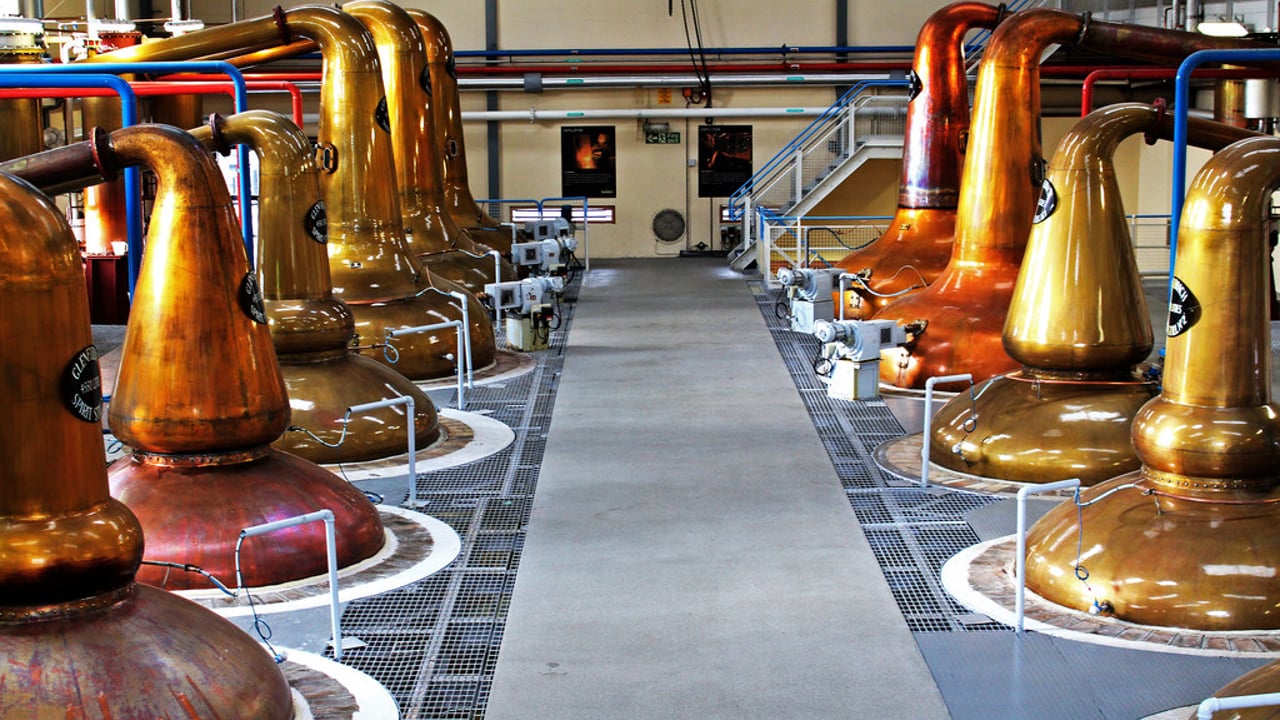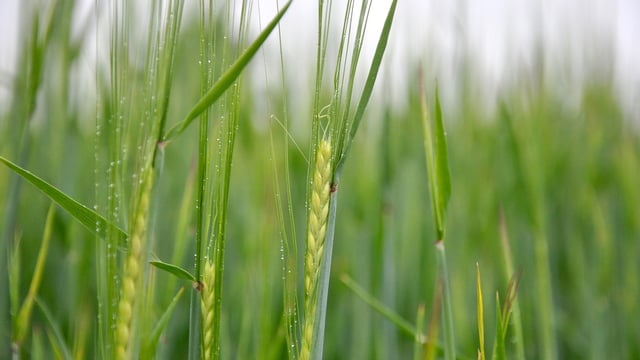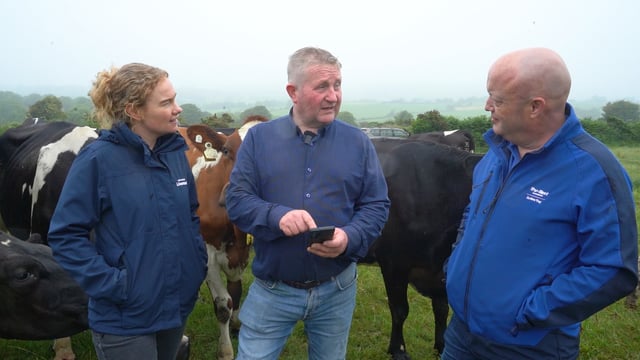Govt must prepare for potential 'damaging' whiskey tariffs
Sinn Féin spokesperson on foreign affairs and trade, Donnchadh Ó'Laoghaire, has expressed alarm at the potential implications for Irish whiskey if US Government tariffs of 200% are introduced.
The Cork South Central TD was speaking after the announcement by US President Donald Trump of his intention to apply a 200% tariff on European alcohol products.
Ó Laoghaire said: “The Irish whiskey industry has gone from strength to strength in recent years, across the world but including in the US market. It has doubled its market share in the last decade.
“This is not only the major distillers but also several smaller craft distilleries. President Trump's threat of 200% tariffs raises huge concern regarding those jobs, and I would be very concerned about the impact of this.
“Last month I called on the government to ensure that we were using our voice at European level to ensure that the sectors that most affect Ireland are central to any European negotiating policy.
"Clearly this includes pharmaceuticals, life sciences, aircraft leasing, as well as tech and financial services, but it also includes distilling," the TD added.
Sinn Fein has said that the whiskey industry was previously "caught in the crossfires" during the first Trump administration and, at that time, Britain was still a member of the EU.
“Britain’s exit from the EU and therefore their products, in particular scotch whiskey, potentially not being affected, makes the possible implications of US tariffs even more severe," Ó'Laoghaire continued.
“The government must outline what actions it has been taking to influence the strategy of the EU in relation to tariffs on various products and services, not only whiskey, but wider food and drink, aircraft leasing, pharmaceuticals, tech and financial services, and all other key industries.
“It is also undoubtedly time now, as I called for last month, that the government begins to plan for diversifying in terms of markets we trade with, and with a view to future trade missions."
The Sinn Féin TD explained that the United States, Europe and Britain will always be Ireland's main trading partners, for reasons of language, culture, and long and deep relationships.
"But there is potential to deepen trade with countries in Southeast Asia, other emerging markets, as well as other countries that may be affected by tariffs, including major economies such as Canada and Mexico," the TD said.
“We must also begin preparation for supports for our businesses in the event of tariffs coming into effect.
"This can take the shape of some of the supports put in place for Brexit, while building on the learnings from them.
“Ireland is vulnerable to a trade war, of that there is no question. The fact is that the industrial policy strategy of recent governments, and our failure to develop a strong enough indigenous sector to complement our strong foreign direct investment (FDI) sector, has left us uniquely vulnerable," he added.
The TD stressed that various perceived taxation loopholes In Ireland have allowed some commentators to convey the country as a tax haven.
"Successive governments have failed to build the infrastructure that we need to attract FDI without relying on tax incentives," he said.
“I am urging the government to step up preparations for wider potential tariffs, and to use whatever influence possible in the EU and the US to safeguard Irish drink and food products.”
Meanwhile, as the Irish drinks industry looks set to be hit by US tariffs, the government is being urged to prioritise the protection of agri-food and drinks producers by a Fine Gael MEP.
The US market currently accounts for approximately 40% of total Irish whiskey exports, while dairy exports to the US were worth €840 million to the Irish economy in 2024.
MEP Walsh said: “President Trump’s threat to hit European alcohol products with a whopping 200% tariff is sending shockwaves through the Irish drinks industry.
"Exports from the Irish whiskey market were worth €1 billion to our domestic economy last year alone.
“It is now highly plausible that Trump will target the agri-food industry, as was the case during his first term when he unveiled a 25% tariff on goods including Irish dairy products.
"Farm products were also mentioned during the Taoiseach’s visit to the Oval Office, further raising concerns that the agriculture sector might be amongst the hardest hit," the MEP added.
She said the Irish Government must make the strongest possible case for the protection of the Irish agricultural sector at EU Council and Commission level as a matter of urgency.
"I will be raising the need to protect Irish and European farmers from a tariff war at the next possible opportunity in the Agriculture Committee [of the European Commission], and hope to also raise it with EU Commissioner for Agriculture Christophe Hansen in the coming days.
“The hard-working Irish farmer cannot serve as the sacrificial lamb in a transatlantic trade war.
“Jobs, investment and businesses are on the line - strong words and actions must come from the commission and government over the coming days and weeks," MEP Walsh concluded.





